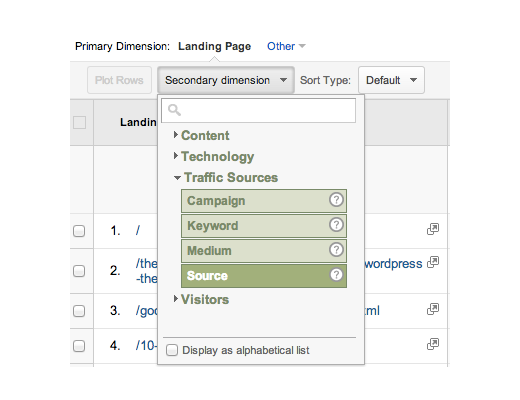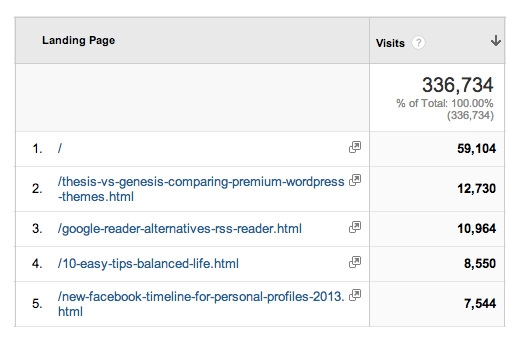By Miva | November 6, 2013

See why top ecommerce brands use Miva’s no-code platform to run
multiple stores, manage massive catalogs, and grow their revenue.
Google quietly encrypted search activity in order to provide “extra protection” for Google users and consumers. Many sources believe that the sudden change is in order to block NSA spying activity, in response to the resent NSA/PRISM domestic surveillance scandal. Google said that they made the change in order to increase users’ privacy and security on the web. The data was anonymous to begin with, but now the data will not be shared with marketers and anyone on Google Analytics.
Marketers who have relied on Google Analytics are upset that they are no longer able to see the organic search data that Google previously supplied freely. However, Google is still giving marketers access to their own paid advertising search data. This has led to must speculation about Google pushing paid advertising.
The data gave marketers access to clear information about the search words that led customers to their sites. The keyword data could then be translated into marketing strategies for PPC AdWords and other search marketing initiatives.
Google is offering an alternative for access to similar data in Webmaster Tools. The data in Webmaster Tools is taken from a sampling of aggregated traffic. It is not as accurate as the previous data, but it will still give online business owners an insight into their incoming traffic.
Google told Business Insider, “Just as before, webmasters can access a rich set of search query data for their sites via Webmaster Tools. This includes viewing the top 2,000 daily search queries as well as impressions, clicks and click through rates for each query, and more. As always, we’ll keep looking for ways to improve how search query data is surfaced on Webmaster Tools.”
Some have even called it “the data apocalypse.”
“It’s one of the most significant losses of data marketers have seen in half a decade,” said Conductor CEO Seth Besmertnik, who also said that half of the traffic to sites comes through organic search, on average.
Small online business will be disappointed to lose the great access to data that we have all become accustom to. The keyword data was used to help create a better user experience for customers, so it makes that task just a little bit harder. While the situation is not ideal for online businesses and marketing, there are ways that businesses can cope with the change:
By using Google Analytics, you can use your targeted organic search keywords and content optimization to get an idea of which keywords are driving traffic.
Step 1. Go to your top landing pages in Google Analytics under Content > Site Content > Landing Pages.

Step 2. You can see the landing pages that get the most amount of traffic via Google search by adding a secondary dimension for Source.

Step 3. After you’ve created a secondary dimension, use the advanced search. Include sources exactly matching “Google.”

Step 4. Once you’ve done that, then you can see the landing pages that your website gets the most traffic from Google.
You can then use keyword optimization to pinpoint the pages that attract traffic. This tactic is more of a page-level data strategy, rather than a keyword-level data strategy.
Once you have the page views and the list of keywords that you optimized that page with, you can then have a better idea of which keywords have a higher level of search volume. If your pages are receiving a lot of visits, but not converting well, then you can improve them in order to increase conversions.
The data apocalypse is going to be difficult for marketers to deal with, but it will force business to focus on creating better content for their customer’s online experience. This alternative method to be more content-focused rather than keyword-focused may just a good thing after all.
Back to topNo worries, download the PDF version now and enjoy your reading later...
Download PDF Miva
Miva
Miva offers a flexible and adaptable ecommerce platform that evolves with businesses and allows them to drive sales, maximize average order value, cut overhead costs, and increase revenue. Miva has been helping businesses realize their ecommerce potential for over 20 years and empowering retail, wholesale, and direct-to-consumer sellers across all industries to transform their business through ecommerce.
Visit Website